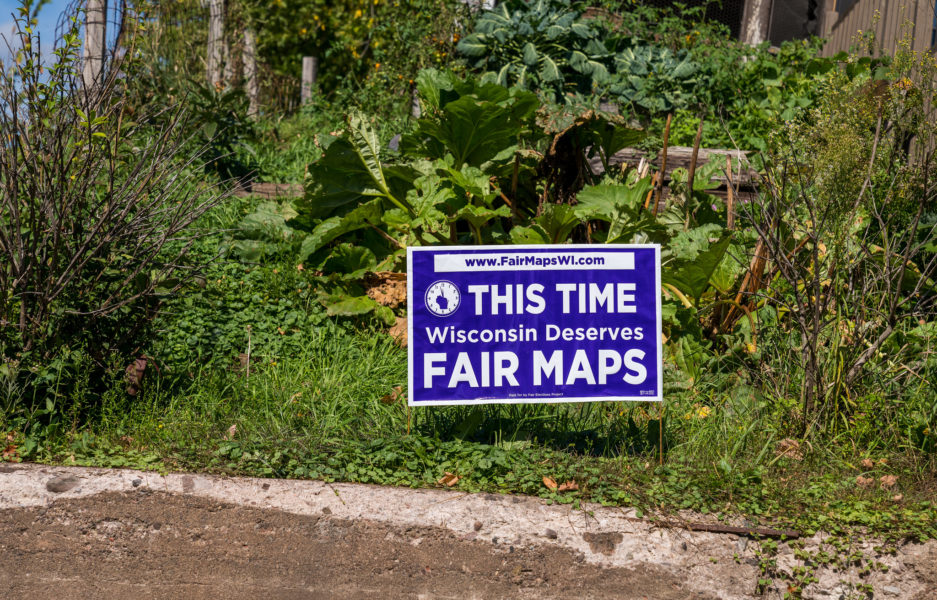As a PhD candidate in biostatistics who works on problems of data quality, my concerns related to under-counting in the 2020 Census are significant, particularly in regards to political representation and accountability. Beginning with the COVID-19 pandemic, Census deadlines were shuffled due to the rapidly changing public health crisis, with multiple recommended timeline changes to ensure quality data collection.
These schedule changes were pushed aside by President Trump and Department of Commerce Secretary Wilbur Ross, including other changes to Census timelines that disrupted the Bureau’s typical operations. When taken alongside the issue of a potential citizenship question, the risks of poor data quality and significant under-counts of underrepresented groups in the 2020 Census are severe. In my experience, the better the quality of the data, the easier it is to use quantitative methods to provide the right answer for the right problem.
And as an expert in statistics, it’s vital to leverage technical expertise to advocate on important issues where data quality plays such a significant role. Particularly with these Census results, it is imperative to rely on scientists and experts to navigate this landscape instead of relying on old, inaccurate data. As a statistician with years of experience in data management and quality, it is my responsibility to ensure that the analysis methods suggested by census experts are advocated for in communities across the country. That is why, alongside the Union of Concerned Scientists, I compiled a report detailing “The 2020 Census Delays, Changes, and Complications for Accuracy and Redistricting”.
The impact of the Census on redistricting
Our report details these delays of census efforts, describes their extensive community impacts, and leverages expert testimony to guide map makers and census leaders on what next steps to take to ensure future census efforts mitigate the problems cited here. These recommendations from experts lay out clear, implementable approaches to utilizing the 2020 data, alongside recommendations to ensure that we are better prepared in 2030 and beyond. We also ask that scientists and researchers join our sign on letter to maintain advocacy efforts for the 2020 Census and to encourage better practices in future census efforts.
One major concern is that the delays and shuffling of the 2020 Census timelines means that some states may enact inaccurate or gerrymandered maps in the next round of redistricting. States like Ohio and Michigan both recently adopted redistricting reforms that were planned to go into effect this redistricting cycle. However, delays in the census data releases and political disagreements in these states suggest that old, inaccurate, or gerrymandered maps may be used. For example, Ohio has seen politicians debate over multiple remediation options, including lawsuits and constitutional amendments. And in Michigan, the Independent Citizens Redistricting Commission and Secretary of State filed a lawsuit to extend the deadline allowing for maps to be available, which was subsequently rejected by the Michigan Supreme Court.
Underrepresented communities hit hardest
In both cases, the impacts of under-counting and inaccurate maps fall squarely on the shoulders of underrepresented groups in these states. In Michigan, community advocates are increasingly concerned about hard-to-count groups like immigrants, especially in the Dearborn community of Detroit which includes one of the most concentrated Arab populations outside of the Middle East. And in Ohio, advocates are concerned that compressed deadlines will result in the under-counting and poor representation of low-income communities like Youngstown and parts of Appalachia. Considering both Michigan and Ohio lost a congressional seat following the 2020 Census, the reshuffling of districts in these states could prove disastrous for these at-risk communities.
This couples with further concerns from experts about other underrepresented communities, like Black, Hispanic, or Asian groups across the country. The Center for Urban Research indicates that in these communities, response rates tended to be lower than in non-Hispanic White ones, suggesting communities of color needed more door-knocking than others. More door-knocking in these communities, in a year when census field work was cut short, suggests that much of the concern regarding under-counting falls on these communities of color, as well as rural and Indigenous groups. In this case, data quality is of the utmost importance – under-counting can lead to poor political representation, and downstream, poor policymaker accountability for the next decade.
As a statistician myself, it’s often easy for me to forget that numbers in a spreadsheet are actually real people, in real communities–we advocate here to provide better data, better metrics, and better methods to ensure proper funding and political representation. We compiled expert testimony from experienced Census researchers and statisticians to advocate for these optimal results for the communities in Michigan, Ohio, and across the country. Censuses are Herculean efforts: as we leverage this technical expertise to navigate the 2020 results and better prepare us for 2030, I plan to continue using my experience to advocate for data quality as a vital tenet of the U.S. Census.

